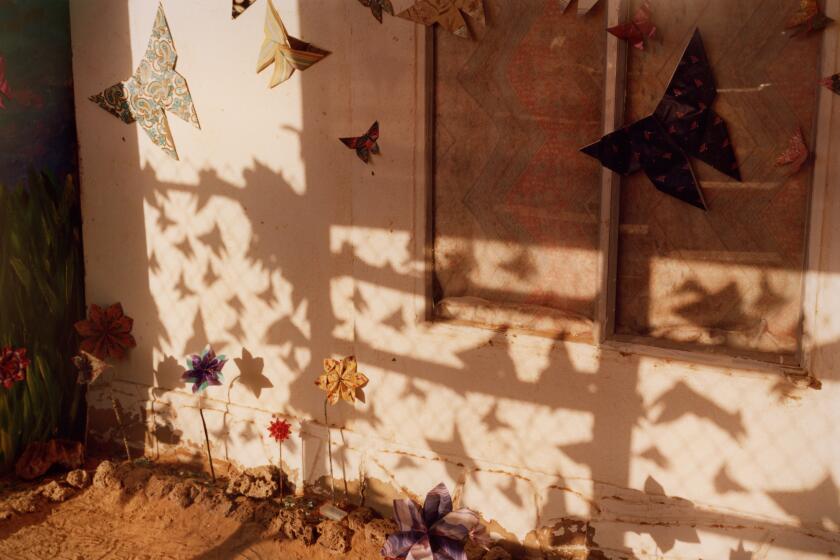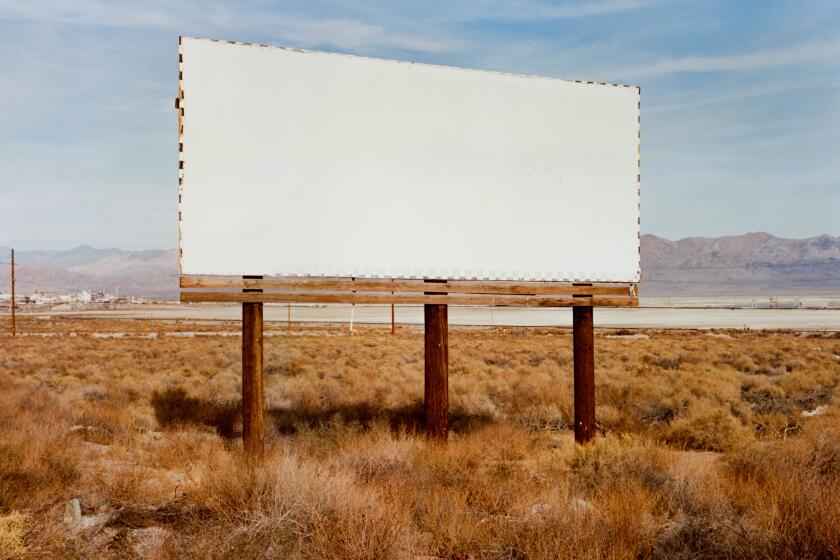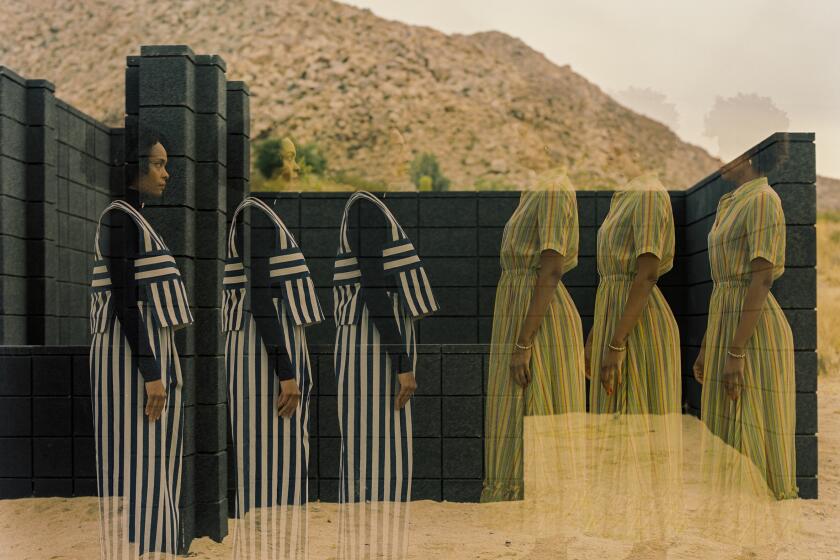- Share via
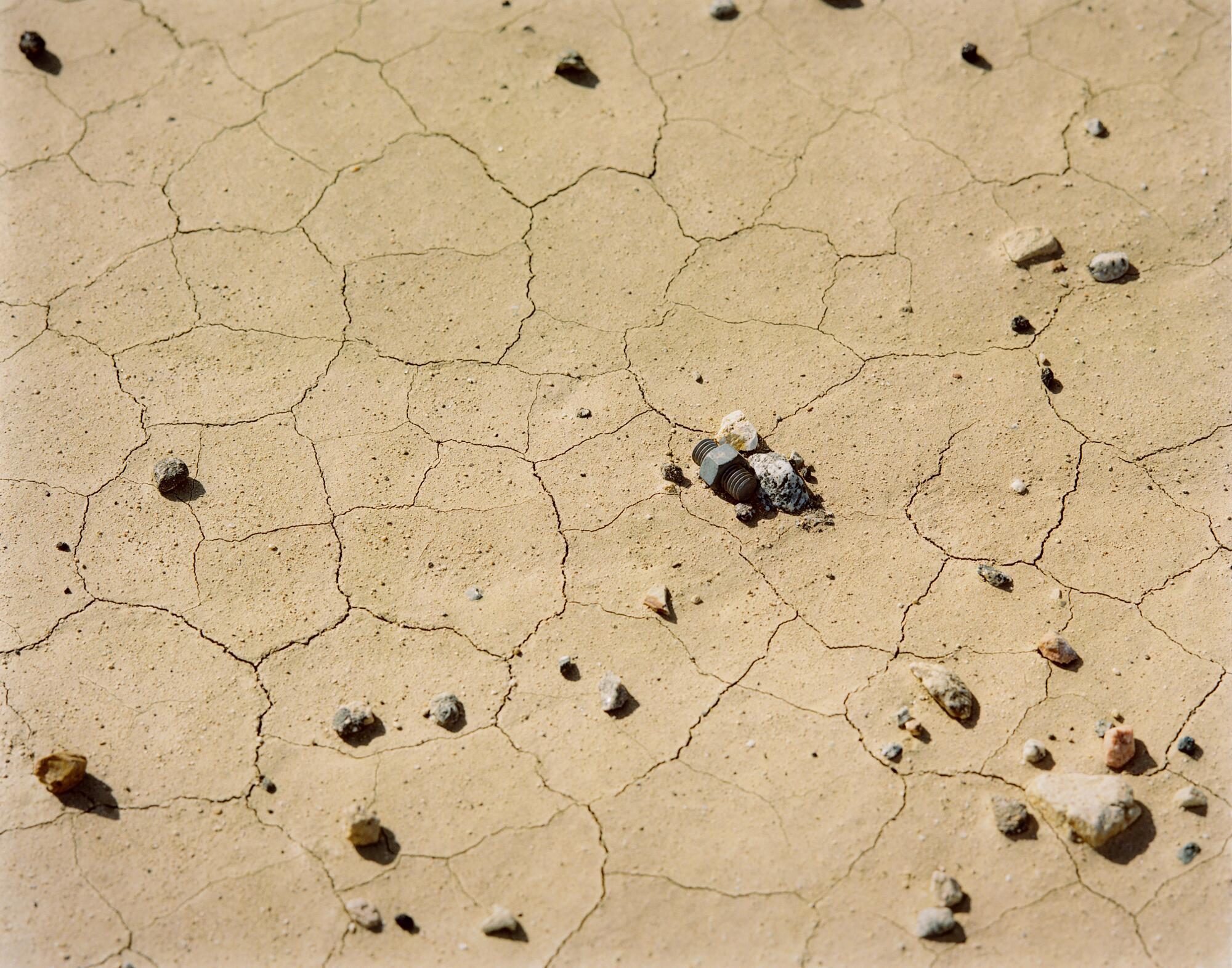
This story is part of Image issue 8, “Deserted,” a supercharged experience of becoming and spiritual renewal. Enjoy the trip! (Wink, wink.) See the full package here.
It would be wise to tell you this like a plainsong:
no bullshit. To talk about the white gold — lithium — deep
beneath the Salton Sea, beneath dead fish and passing birds
with woolen names like wood stork and bittern. How
every dry patch of land around this body,
formed by runoff and overreaching agriculture — an accident —
had been forgotten until we discovered
a rich mineral to make our own, to keep the cars
at speed. To permit the filched territory and motor to keep
continuous. No one has, and no one will, investigate the cost.
We pledge allegiance to land that never belonged
to you or to me. Most of us are thieves. Salt of the earth, mineral
soil, those on the brink, the sea’s edge. DDT, arsenic, lead.
There are no prayers for the receding water,
the dust storms that reach for miles.
Maybe I know the feeling this land feels:
past the dew of young beauty, caught
in a passing storm of men and their demands, desires.
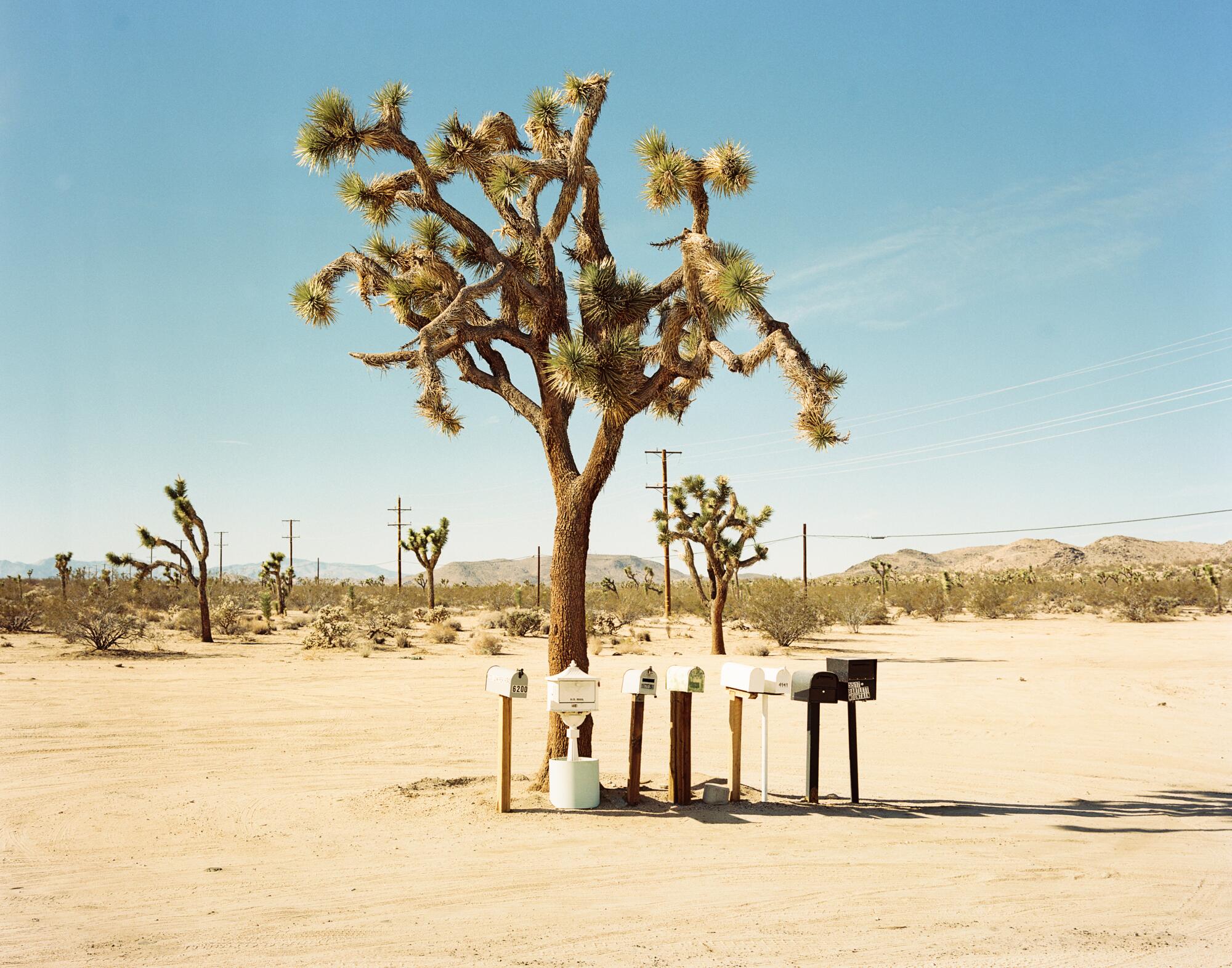
What’s left to salvage or worship? I ask the faint line
that extends like a slender river from the corner of my eye,
study the cloud my breath makes when winter drops.
Yes, the desert gets cold. They say it’s the big
green opportunity, and no one has energy left to argue.
A bottomless cup filled with promises: We’ve heard this opera before.
I came here to whisper something gorgeous and fleeting,
a story of a girl almost like me, who loves an adventure
and rejects the edge of every horizon, each line in the poem
teetering on without ending. But I came up empty, naked
with nothing but depression for the future and dirt in my braids,
a body that can’t help it. A love letter, decomposed.
Christine Larusso is an L.A.-based poet. Her first book, “There Will Be No More Daughters,” was selected by Carmen Giménez Smith as the 2017 winner of the Madeleine P. Plonsker Emerging Writer’s Residency Prize. Her poems have appeared in publications including the Literary Review, Pleiades and Court Green. She is a producer for Rachel Zucker’s podcast “Commonplace.”
Willem Verbeeck is a Belgian photographer based in Los Angeles, primarily focusing his work on the everyday landscapes around him.
